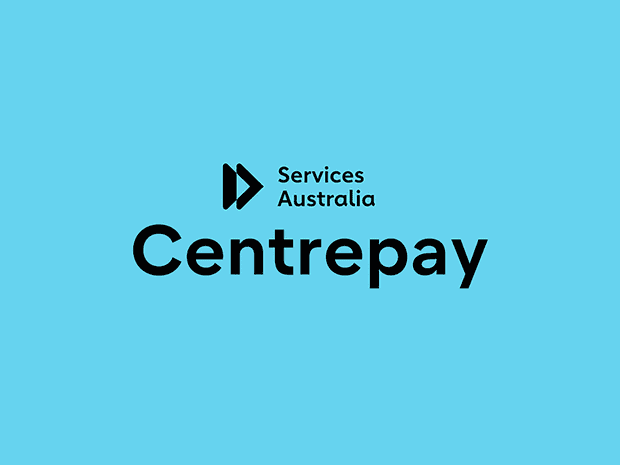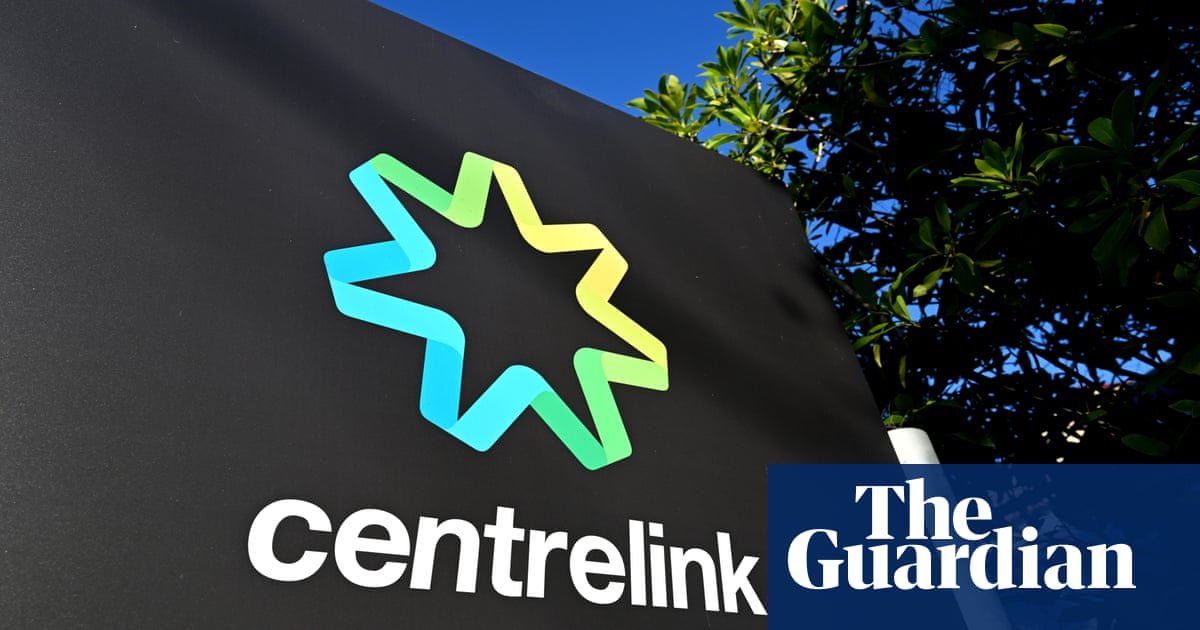The consumer watchdog has joined a group of regulators, lawyers and financial advocates calling for a crackdown on predatory businesses using the government-run Centrepay to cause financial harm to welfare recipients, including Indigenous Australians.
Australian Competition and Consumer Commission deputy chair Catriona Lowe said the watchdog had heard complaints about Centrepay – a debit system giving businesses early access to people’s welfare money – for “many years”.
Lowe, a leading consumer advocate prior to her appointment to the ACCC, alleged unscrupulous businesses had signed welfare recipients up to Centrepay payment arrangements for “goods they do not want or need”, or could not afford.
“The ACCC is also aware of circumstances where it is alleged that consumers experiencing vulnerability or disadvantage, including some First Nations consumers, have been signed to Centrepay arrangements where they have not given their free, prior and informed consent which has also led to those consumers experiencing financial harm,” Lowe said in a submission to a current Centrepay reform process.
Q&A
What is Centrepay?
Show

Centrepay was established in 1998 under the Howard government as a voluntary bill-paying service for people receiving Centrelink payments to make automatic deductions for essentials like rent and utilities.
It currently has more than 620,000 users. A large percentage of them are receiving disability support payments. Almost a third are Aboriginal people, predominantly women, from remote areas, receiving jobseeker or parenting payments.
Over time Centrepay has expanded to include a range of businesses and services.
There are now more than 15,000 companies approved to access Centrepay, which facilitated 23.7 million transactions last year worth $2.7bn. Each transaction incurs a 99c fee, paid to the government by businesses using the system.
Over the past decade, consumer advocates have raised concerns that several of the businesses registered to access Centrepay may be causing financial harm to vulnerable customers.
The corporate regulator is investigating dozens of companies. At least four that it has already penalised remain on the system.
In May 2024, the government announced a full review of the system to increase compliance, transparency and strengthen auditing processes.
Services Australia, which operates the system, says it is working towards improving delivery.
In 2022-23, contracts ended for 12 Centrepay businesses due to non-compliance.
The ACCC has added its voice to a growing group calling for greater policing of the Centrepay system, including the corporate regulator Asic, energy and water ombudsman agencies in four states, the Australian Energy Regulator, the Law Council of Australia and an alliance of Australian financial counselling groups.
A Guardian investigation earlier this year revealed how the system had been used by major energy retailers – allegedly including AGL – to continue taking money from the welfare payments of former customers, sometimes over a period of years, and by rent-to-buy businesses to charge remote Indigenous communities exorbitant rates for low-value home appliances.
The investigation also revealed how an extreme and controversial rehabilitation centre, which allegedly practised exorcisms and gay conversion practices, had forced its vulnerable clients on to Centrepay and then used their welfare money to prop itself up financially.
The ACCC said the government should adopt a “robust compliance model” administered by Services Australia to stop Centrepay being used for financial abuse, aided by a high-profile public information campaign to “incentivise improved compliance”.
“A robust compliance framework is particularly important, as the ACCC considers that some consumers, including those experiencing vulnerability, may be reluctant to complain about the conduct of Centrepay businesses for fear of losing access to the service,” Lowe said.
Asic has voiced its concern over the high rate of non-compliance among the small number of Centrepay-approved businesses investigated by Services Australia. In 2022-23, the government only investigated 382 of the 10,205 registered Centrepay businesses – about 4% – for their compliance with the rules. About 42% were found to be non-compliant.
The Law Council of Australia, in its submission to the Centrepay reform process, said there was an ongoing “reticence” to enforce the Centrepay rules on businesses.
“Consequently, approved provider business practices remain largely unchecked, and customers remain vulnerable to financial exploitation and harm,” the council said.
A joint energy and water ombudsman submission from watchdogs in four states – New South Wales, Queensland, Victoria and South Australia – also warned they had identified a string of problems with the way energy retailers were using Centrepay.
In some cases, energy companies were continuing to deduct money from the welfare payments of people who were no longer customers. In others, they were changing Centrepay deduction amounts without telling the customer, which reduced their welfare payment without warning.
Some retailers were stopping Centrepay deductions without informing customers, meaning that “consumers [were] unknowingly accruing debt because Centrepay deductions were not occurring,” according to the submission.
after newsletter promotion
The joint ombudsman submission called for greater transparency and communication with customers when problems are identified, including when energy retailers have been found continuing to take money from former customers.
“When overpayments occur and the account has been closed, it is critical for consumers to receive refunds and any other relevant redress such as customer service gestures as soon as possible,” the submission said.
“When an overpayment issue is identified, we consider Services Australia and the relevant businesses should promptly alert impacted consumers.”
The Australian Energy Regulator (AER) is now pursuing AGL in the federal court over its alleged receipt of overpayments via Centrepay. The company was accused of taking more than $700,000 in Centrepay payments from about 575 vulnerable people who had ceased being AGL customers years earlier.
After the Guardian’s investigation, the government referred a further three energy retailers to the AER. The regulator said it was awaiting a decision in the AGL case before deciding whether to launch further legal action against other energy companies.
In its submission to the reform process, the AER said energy retailers were taking “an excessive period to identify and remediate instances of non-compliance with the Centrepay framework”. The regulator added Services Australia should be given the power to compel energy retailers to audit their own use of Centrepay.
“We have concerns that businesses may not have adequate policies, systems and procedures in place to monitor compliance with the Centrepay framework,” the AER said.
Services Australia has previously acknowledged the system needed improvement and said reform was a priority.
It has also previously said it was committed to further consultation after reviewing the submissions.
“There will be more consultation ahead with the community, and particularly those who have direct experience using Centrepay, as we progress towards meaningful reform,” spokesperson Hank Jongen said.
